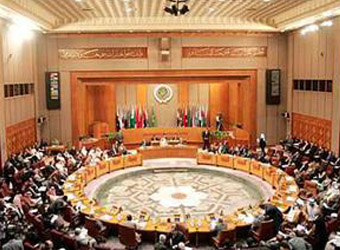Leaders of the Gulf Cooperation Council are expected to meet on Tuesday at the 38th GCC Summit in Kuwait, in the most critical stages the council has ever experienced.
One of the major challenges facing the GCC countries is the current dispute with Qatar, which threatens to impact the unity of the Council. They are also confronted with the challenge of formulating a common vision to deal with regional conflicts, in particular the confrontation with Iran and the fragile situation in Yemen.
On the eve of the summit, news broke out about the death of former Yemeni President Ali Abdullah Saleh, who had abandoned his alliance with Houthi militias and led an uprising against their dominance of the capital Sana’a. The new development would add a new burden that would require a unified Gulf strategy.
The leaders of the six Gulf countries are expected to arrive in Kuwait on Tuesday, while the foreign ministers met on Monday for the first time following the eruption of the Qatari crisis in June.
The ministers did not issue any statements at the end of the meeting because it was limited to preparing for the two-day summit that kicks off on Tuesday.
According to an informal schedule of meetings, GCC leaders are due to arrive at noon on Tuesday, with the summit opening at 5:30 pm Kuwait time.
Participants in Monday’s session included – in addition to the foreign ministers of Kuwait and Qatar – Saudi Foreign Minister Adel Al-Jubeir, Minister of Foreign Affairs of Oman Yousuf bin Alawi, UAE Minister of State for Foreign Affairs Anwar Gargash and Bahrain’s Assistant Foreign Minister Abdullah bin Faisal Al Dosari.
Kuwaiti Foreign Minister Sheikh Sabah Khalid Al-Hamad Al Sabah said during an opening speech on Monday that the GCC was a “constant project” that seeks to establish strong Gulf bonds in order to preserve independence and development.
He underlined the importance of GCC meetings in maintaining cooperation between the member states for the interest of the people and to confront the dangers threatening the security and stability of the region.
source: Asharq Al Awsat


